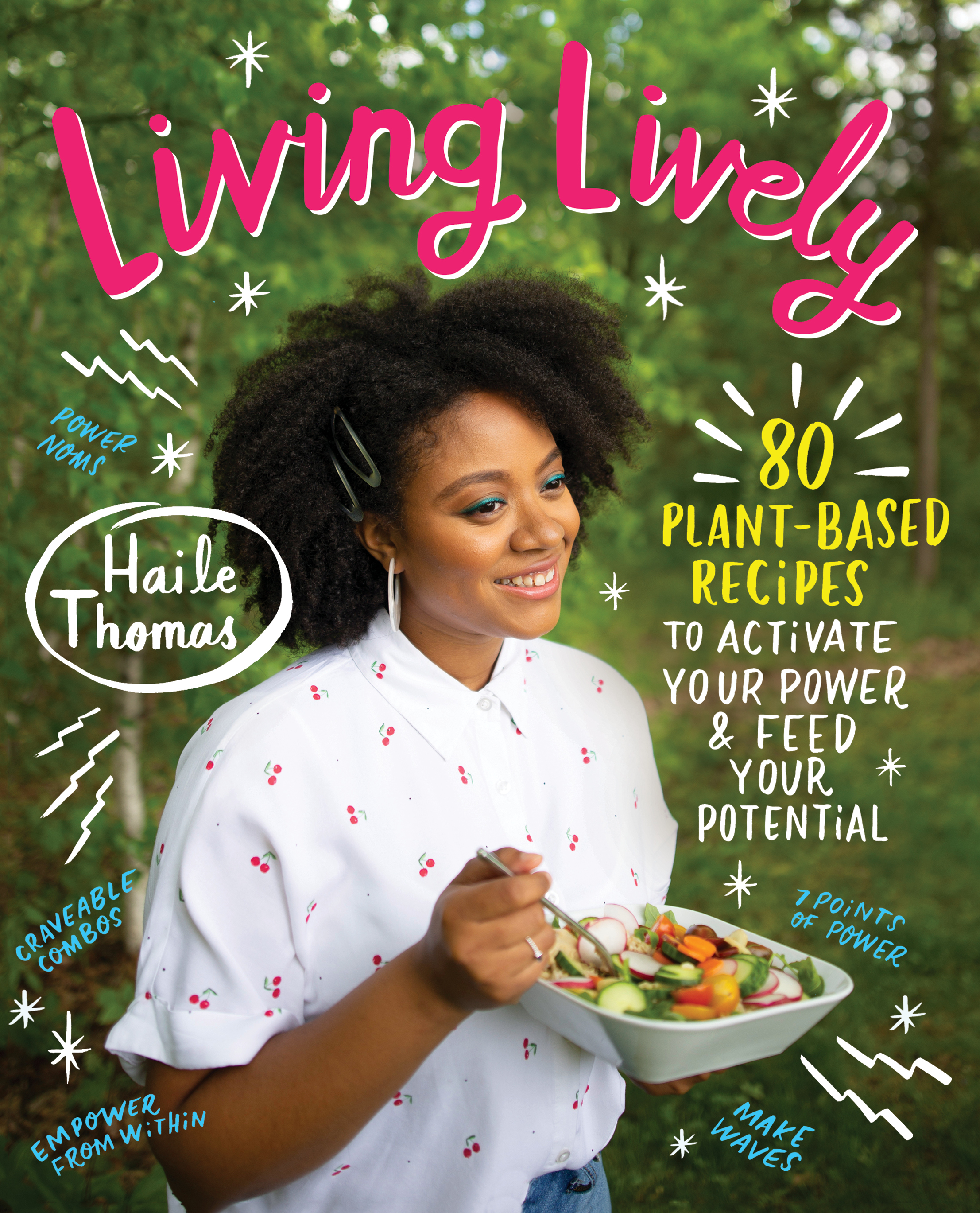“Food is medicine” is a familiar refrain, but food can also be a form of therapy. New books offer dietary options that nurture readers physically as well as emotionally and spiritually, with a kind eye toward total well-being.
Buck Naked Kitchen
Buck, who had fought for years to lose weight and manage chronic eczema, garnered a fan base with the recipes and confessional stories she posted on her blog, and her victory in the inaugural “Next Whole30 Star” contest. Her debut cookbook focuses on protein-packed dishes and presents Whole30 versions of forbidden, sugar-laden foods like mayonnaise, yogurt, and salad dressings, all while emphasizing not just how the food tastes, but what feelings might be associated with them—“cozy winter” recipes, for instance.
more

Clean Paleo Family Cookbook
Known to fans as Mac, McCrary built her Healthy Little Peach lifestyle blog around “health, family, Jesus and pretty things,” with a food journal, a fitness guide, and now, a cookbook. Her goal, she writes, is to “create meals that leave a lasting impression on my family’s hearts and tummies.” She covers the bases for paleo eaters, with swaps and adaptations for keto, whole foods, and elimination diets across 100 recipes.
Eating for Pleasure, People and Planet
The executive chef at Poco, a Bristol, U.K., restaurant that has won accolades for its commitment to sustainability, Hunt (The Natural Cook) is in favor of “enriching your diet with low-impact and environmentally regenerative foods that are flavorful, rich in nutrients, affordable, and easy to cook.” He encourages vegans and omnivores alike to make use of the plant-heavy recipes: “I challenge you to change ingredients for ones that better suit your taste, locality, and diet.”
more

The Feel-Good Family Food Plan
Contending that no one can be truly well if they’re strapped for time, the authors—a nutrition scientist and a caterer—present their vision of a healthy diet, which centers on putting together home-cooked meals amid hectic lifestyles. Budget-friendly recipes, fridge and freezer organizing tips, and a pantry essentials guide aim to eliminate waste and wasted time, and model good eating habits for kids.

Living Lively
When Thomas was eight years old, her father was diagnosed with type 2 diabetes, an event that propelled her into the kitchen and, eventually, a plant-based lifestyle that led to cooking reality shows and a partnership with Nike. She’s now 18, and her debut doubles as a manifesto about food as a weapon against preventable diseases, and as a wellness pep talk, with space left in the introduction for the reader to write “my intentions as I read this book.” Her 75 vegan and gluten-free recipes include grab-and-go blender oats and sit-and-savor turmeric berry chia pudding.

Party in Your Plants
In the first cookbook from Pollock, whose wellness brand includes a podcast, diet coaching, and downloadable vegan eating guides, she contends that plants’ hidden agenda is to be “sexy, versatile and tasty AF!” This vegan starter guide—subtitled 100+ Plant-Based Recipes and Problem-Solving Strategies to Help You Eat Healthier (Without Hating Your Life)—acknowledges common stumbling blocks to dieters and conscious eaters, offers explicit forgiveness of occasional cheese-cheating, and indulges in hundreds of groan-worthy recipuns—“Cheeseisn’ts” and “Pad Thai in No Thai’m,” to name two.
Pinch of Nom
Based on the blog of the same name, Allinson and Featherstone’s debut broke sales records when it pubbed in the U.K. in 2019. The indulgent-sounding recipe names—Cheesecake-Stuffed Strawberries, Chicken Fajita Pie—belie the fact that the authors are diet-conscious health advocates who’ve repeatedly acknowledged that losing weight is “the hardest thing we’ve ever done,” and who, on their Instagram account (839K followers), make clear that they are still working on it.
more

The Self-Care Cookbook
Organizing 60 recipes not by mealtime but by self-care routines—restore and rebalance, to name two—Ogston describes eating plant-based foods as “the ultimate form of self-care and self-love.” Recipes like pear crumble with vanilla cashew custard demonstrate her other point: eating for well-being shouldn’t take all day or cost a fortune.











